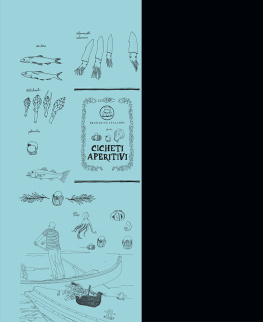For Suki Provstgrd Morys
PENGUIN BOOKS
Published by the Penguin Group
Penguin Books Ltd, 80 Strand, London WC2R 0RL , England
Penguin Putnam Inc., 375 Hudson Street, New York, New York 10014, USA
Penguin Books Australia Ltd, 250 Camberwell Road, Camberwell, Victoria 3124, Australia
Penguin Books Canada Ltd, 10 Alcorn Avenue, Toronto, Ontario, Canada M4V 3B2
Penguin Books India (P) Ltd, 11 Community Centre, Panchsheel Park, New Delhi 110 017, India
Penguin Books (NZ) Ltd, Cnr Rosedale and Airborne Roads, Albany, Auckland, New Zealand
Penguin Books (South Africa) (Pty) Ltd, 24 Sturdee Avenue, Rosebank 2196, South Africa
Penguin Books Ltd, Registered Offices: 80 Strand, London WC2R 0RL , England
www.penguin.com
First published in an illustrated edition by Rainbird 1980
Published in Penguin Books 1990
16
Copyright Jan Morris, 1980
All rights reserved
Except in the United States of America, this book is sold subject to the condition that it shall not, by way of trade or otherwise, be lent, re-sold, hired out, or otherwise circulated without the publishers prior consent in any form of binding or cover other than that in which it is published and without a similar condition including this condition being imposed on the subsequent purchaser
978-0-14-193802-8
Contents
Introduction
F or six centuries the Republic of Venice, set resplendently in its lagoon at the head of the Adriatic Sea, was an imperial power. Like many another medieval city-state, it extended its authority gradually over the countryside round about, and at the height of its success ruled much of north Italy, as far south as Ancona, inland almost to Milan. But in a more properly imperial kind, it acquired too over the years a dominion overseas, a colonial empire in the classic sense Stato da Mar in the Venetian vernacular and it is this romantic entity, scattered through the worlds loveliest seas, that is the subject of my book. It is a travellers book, geographically arranged, but space and time are jumbled in it, and I have wandered at will from the landscapes and sensations of our own day into events, suggestions and substances of the past.
I call the Venetian Empire an entity, but it often feels more like an abstraction. The Venetians were never without overseas possessions, from the time my story starts at the end of the twelfth century until the fall of the Venetian Republic at the end of the eighteenth century. Rome apart, theirs was the first and the longest-lived of the European overseas empires. Their imperialism, though, was piecemeal and opportunist. They had first become rich by collecting the products of the east, shipping them home to Venice, and dispatching them through Europe: their empire was contrived to protect and develop this activity, and was accordingly pragmatic to a fault. It adapted all too easily to circumstance. The Venetians were exporting no ideology to the world. They were not hoping to found lesser states in their own image. They had no missionary zeal. They were not great builders, like the Romans. They were not fanatics, like the Spaniards.
They were above all money-people every Venetian, wrote Pope Pius II in the fifteenth century, was a slave to the sordid occupations of trade. If their overseas adventures gave them a sense of patriotic fulfilment too, that is because during their years of national virility the Venetians were intensely proud of their republic and its institutions, and carried their loyalty into everything they did. Pride and profit were inextricably mingled. As the oarsmen of a Venetian galley said, when they found themselves trapped in the Golden Horn during the Turkish capture of Constantinople in 1453, where our wares are, there is our house We have decided to die upon this galley, which is our home and seizing their swords, they prepared to repel boarders beneath the banner of St Mark, the patron and protector of all things Venetian.
It was an empire of coasts and islands, distributed along the republics trading routes to the orient. Its entire population was probably never more than 400,000, but it extended in scattered bits and pieces from the Adriatic in the west to Cyprus in the east, and northward far into the Aegean. It was never, so to speak, definitive. It had no moment of completion. It was changing all the time, and its possessions varied enormously in style, size and longevity.
Some were mere isolated fortresses on an alien shore. Some were great centres of transhipment or naval power, where the merchant galleys could find food, water and repairs, and the warships could base their patrols. Some were settlement colonies: Venetian families settled permanently in Crete and Corfu, for instance, and others held Aegean islands as feudal estates. In some places Venice stayed so long that her presence seemed almost geological: in others, hardly had her soldiers stormed the walls than the flag came down again and the galleys vanished into the sea, their punitive duties done. A place like Koroni, in Greece, was Venetian during three separate periods of its history, in the intervals being ruled variously by French knights, Greek emperors and Turkish sultans: and to add to the complexity of it all, so many of the Venetian possessions have changed their names, at one time or another, that I have felt obliged to include a gazetteer at the back of the book, to explain where is where.
The Venetians, nevertheless, did try to make a unity of this ungraspable congeries. Despite appearances, theirs was a severely centralist empire. Everything looked towards Venice, to the Signory at the summit, just as the merchant convoys which were the imperial raison dtre were all sailing to and from one grand destination, Venice herself. When the empire was at its most dynamic it was very tightly run. All colonial trade with Venice had to be carried in Venetian ships. All surplus colonial produce had to go to Venice. All Adriatic trade was channelled through the lagoon. Officials sent from Venice governed all the chief colonies, under various titles governor, rector, bailie, prefect, lieutenant and the defence of the realm was always in the hands of Venetian noblemen.
Lower in the hierarchy the indigenes were usually allowed some share in government, but the last word came always from Venice, and there was no devolution of real power to the colonies, and no colonial representation at the imperial capital. There is no pretending that it was a very enlightened empire. No improving instinct guided the Venetians, such as tempered the pugnacity of the British empire-builders later, and their standards of government varied from the impersonally efficient to the incorrigibly corrupt. If you want the Dalmatians to be loyal, the theologian Paolo Sarpi advised the Signory in 1615, keep them ignorant and hungry As for your Greek subjects, wine and bastinados should be their share. In many of their possessions they were intensely disliked. Orthodox Greeks, after a few generations of Venetian Catholic rule, frequently welcomed the arrival of the Muslim Turks who, if they had unappealing weaknesses for mass slaughter, arson and disembowelment, at least did not despise their subjects as bumpkin schismatics.


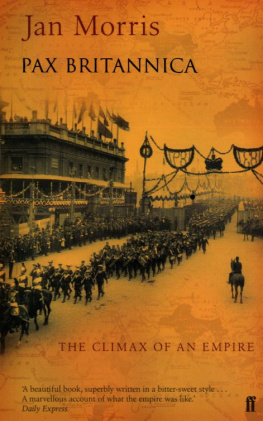
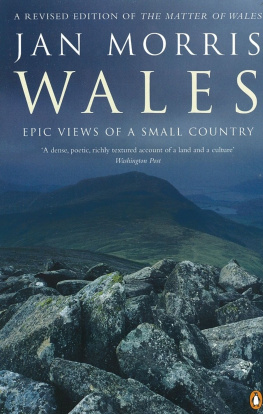
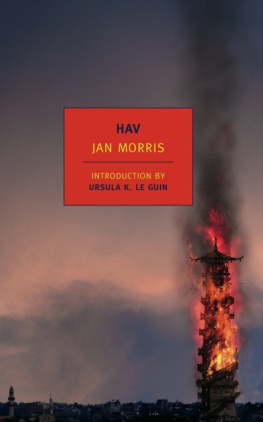


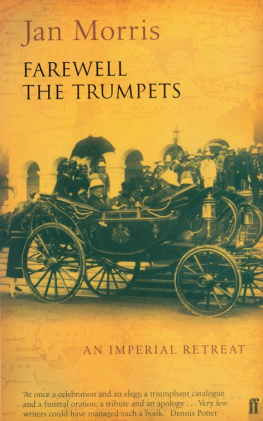
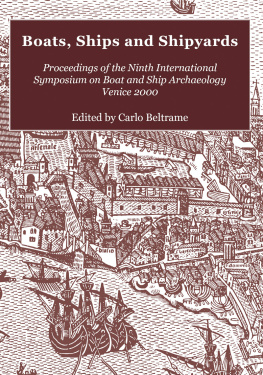
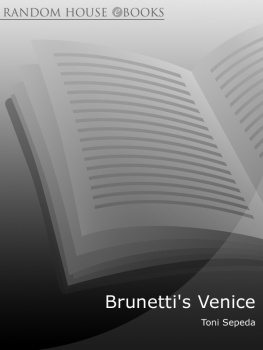
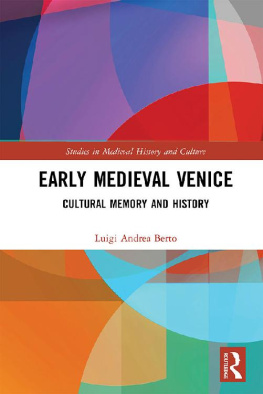
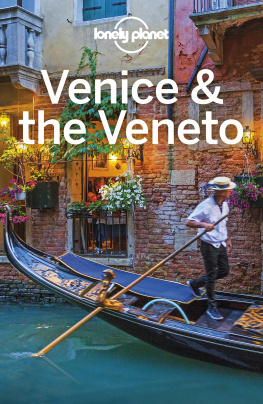
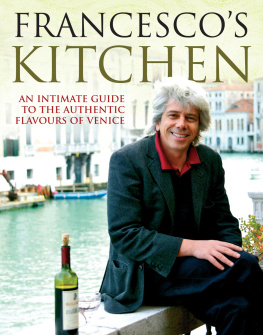
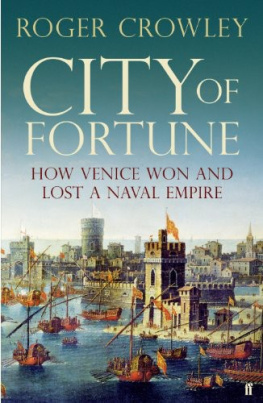
![Bosworth - Italian Venice: a history[Electronic book]](/uploads/posts/book/194557/thumbs/bosworth-italian-venice-a-history-electronic.jpg)
